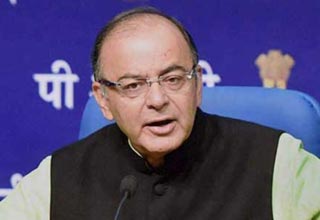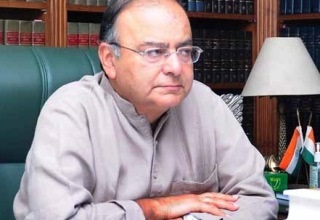Unfettered globalisation can lead to currency volatility in markets: Padmanabhan
Updated: Jul 25, 2013 04:05:38pm

“… We also need to be conscious about the problems of unfettered integration with global markets, where the local fundamentals recede to the background and the global factors start playing a major role in creating unwarranted volatility in the markets as the recent developments have amply demonstrated. How do we address this issue?” he asked.
Padmanabhan made these remarks in his speech on ‘Internationalisation and Integration of Asian Capital Markets: Expanded Role for Asian Currencies, including the Renminbi’ in Singapore earlier this month.
Emphasising that each country has to strategise its own approach, he said, “India approached this issue exactly the same way as the country has approached capital account convertibility- as a process rather than an event, by a gradual rather than the Big Bang opening of the door. It is for each country to strategise its approach.”
He said comparisons are bound to be made between Renminbi and Indian Rupee on the issue of internationalization of the financial system. Indian Rupee is not fully convertible at this stage.
“While the current account has been made fully convertible, we have consciously followed a calibrated approach towards capital account convertibility. It is also important to understand that unlike China, which runs large current account surpluses, India has generally been a current account deficit country. In view of the large current account deficit, the exchange rate of the rupee is susceptible to the influence of large capital movements, especially during crisis periods. This does not mean that the country does not aspire to see the Rupee as an international currency particularly as we increase our global integration through trade and investment channels.”
He said the Indian financial markets are now increasingly getting integrated with global financial markets which are reflected in the increasing volatility in Indian financial markets as a result of spill over from turmoil emanating from international markets.
“As witnessed in the recent weeks, the Indian Rupee came under some pressure primarily on account of external developments and both equity and bond prices witnessed volatility because of global factors like deleveraging by FIIs on fears of impending winding up of the quantitative easing by the US Fed,” Padmanabhan said. (KNN)
Feedback: newsdesk@knnindia.co.in











